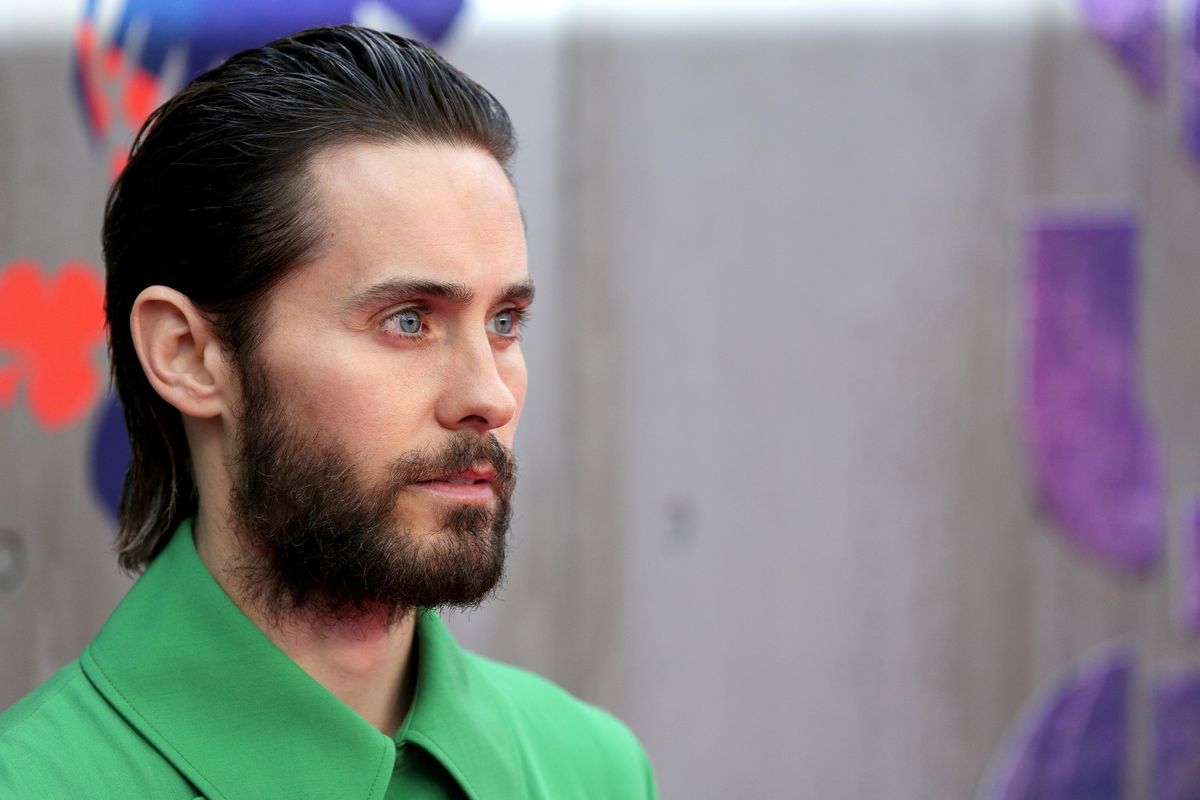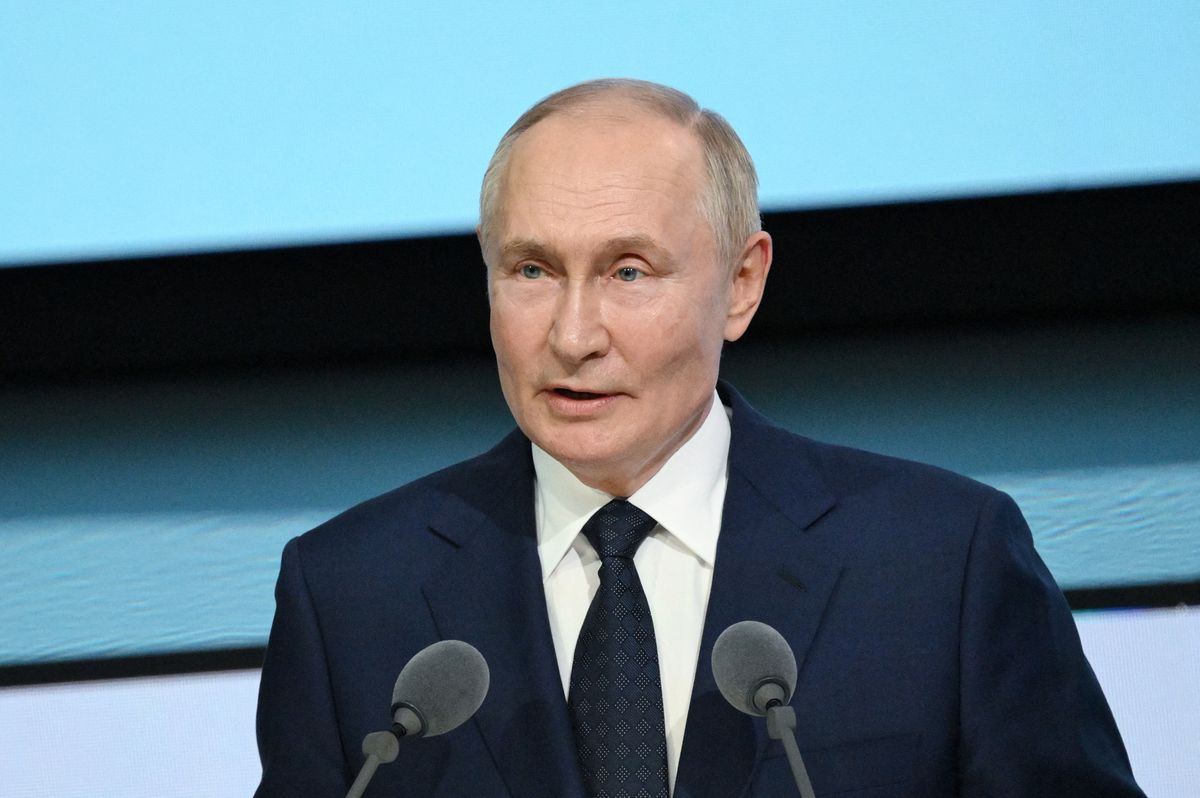Jared Leto, the Oscar-winning actor and frontman of Thirty Seconds to Mars, has sparked outrage in Ukraine following comments made during a recent concert in Belgrade, Serbia.
The 52-year-old musician expressed a desire to “party” in Russia and Ukraine once “all these problems are finished”, referring to the ongoing war between the two nations.
Leto’s remarks, which included praising “Russian energy” and asking how many audience members were originally from Russia, have been widely criticised for trivialising the conflict.
The Ukrainian foreign ministry swiftly condemned Leto’s words, stating that his wish to perform in Russia “is an insult to those sacrificing lives to defend freedom”.
The controversy has ignited a fierce debate on social media, with many accusing the actor of belittling the gravity of the situation in Ukraine.
The backlash against Leto’s comments has spread far and wide, with Ukraine’s Ministry of Foreign Affairs taking to social media to declare that “there can be no appeasement for Russia when it continues its attempts to solve ‘problem’ of Ukraine’s very existence”.

Jared Leto is yet to publicly address the backlash to his Ukraine-Russia comments
PA
Ukrainian influencer Ihor Lachenkov questioned Leto’s awareness of the situation, asking: “Are you aware that Russians voluntarily come here to commit genocide and war crimes?”
Another critic labelled Leto a “failed Morbius and Suicide Squad actor”, referring to his box office flops.
The controversy has reignited discussions about celebrity involvement in geopolitical issues, with many Ukrainians expressing disappointment in Leto’s apparent lack of understanding of the conflict’s severity.
Despite the current controversy, Leto has previously voiced support for Ukraine.

Vladimir Putin’s Russia remains at war with Ukraine
REUTERS
In 2014, during his Oscar acceptance speech for Best Supporting Actor, he paid tribute to Ukraine amidst the Crimea crisis, saying: “To all the dreamers out there around the world watching this tonight in places like the Ukraine and Venezuela.
“I want to say we are here and, as you struggle to make your dreams happen, to live the impossible, we’re thinking of you tonight.”
This speech reportedly led to Russia’s state-run television cancelling its live broadcast of that year’s Oscars.
Shortly after the full-scale invasion began in 2022, Leto expressed solidarity on social media, writing: “To my friends and family in Ukraine – my heart breaks that this has escalated in such a devastating way.
“Please take great care and be as safe as you can. Sending thoughts to you and your loved ones during this chaotic and disruptive time.”
The Russo-Ukrainian War, which forms the backdrop to this controversy, began in February 2014 following Ukraine’s Revolution of Dignity. Initially centred on Russia’s annexation of Crimea and support for separatists in the Donbas region, the conflict escalated dramatically on February 24, 2022, when Russia launched a full-scale invasion of Ukraine.
LATEST DEVELOPMENTS:
This invasion, which Russian President Vladimir Putin termed a “special military operation”, has resulted in widespread international condemnation, sanctions against Russia, and significant humanitarian and military aid to Ukraine.
The ongoing conflict has led to a refugee crisis and tens of thousands of deaths.
It has also seen deliberate attacks on civilians, prompting investigations into war crimes by the International Criminal Court.
Despite fierce Ukrainian resistance and some territorial gains, the war continues with no clear resolution in sight, marking it as the largest conflict in Europe since World War II.